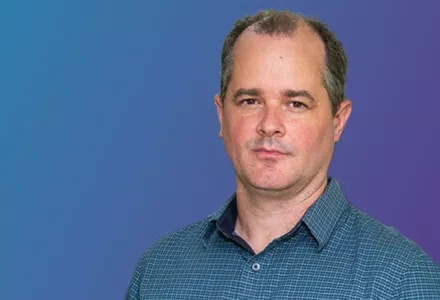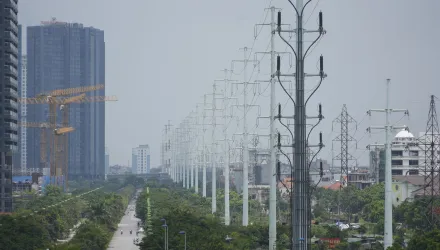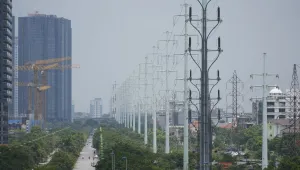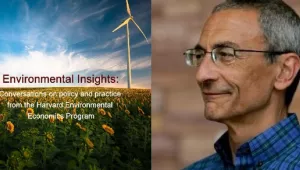Speaker
Dustin Tingley is Professor of Government in the Government Department at Harvard University. Dustin is Deputy Vice Provost for Advances in Learning, Faculty director for the Vice Provost for Advances in Learning Data Science and Technology Group (Harvard higher education data science group), and Faculty director for the Harvard Initiative on Learning and Teaching. He received a PhD in Politics from Princeton and BA from the University of Rochester. His research has spanned international relations, international political economy, climate change, digital education and data science, with most focus now on the politics of climate change. His book on American foreign policy with Helen Milner, Sailing the Water's Edge, was published in fall 2015, and was awarded the Gladys M. Kammerer Award for the best book published in the field of U.S. national policy. Recent projects include attitudes towards global climate technologies and policies, low carbon community transitions, and the intersection of causal inference and machine learning methods for the social sciences.
His new book with Alex Gazmararian, Uncertain Futures: How to Solve the Climate Impasse, is forthcoming with Cambridge University Press. The book features the voices of those on the front lines of the energy transition -- a commissioner in Carbon County deciding whether to welcome wind, executives at energy companies searching for solutions, mayors and unions in Minnesota battling for local jobs, and fairgoers in coal country navigating their community's uncertain future.
He teaches courses on the politics of climate change and the environment, data science, and international relations. In the fall of 2023 he is teaching a new course called Energy at Harvard Business School. Dustin co-chairs the Harvard's Standing Committee on Climate Education and the Harvard FAS Standing Committee on Public Service and Engaged Scholarship. Dustin recently co-authored a University wide report entitled The Future of Climate Education at Harvard.
Dustin has organized interdisciplinary conferences on causal mechanisms, climate change politics, negotiation in international relations, the intersection of causal inference and machine learning, active learning, peer learning, and equitable instruction in inclusive classrooms. Dustin is co-leading an effort to support younger scholars in the social sciences interested in climate change. Dustin co-founded ABLConnect (a repository for active learning pedagogy), previously served as the Director of Graduate Studies for the Harvard Government Department and faculty director of IQSS's Undergraduate Research Scholar program.




